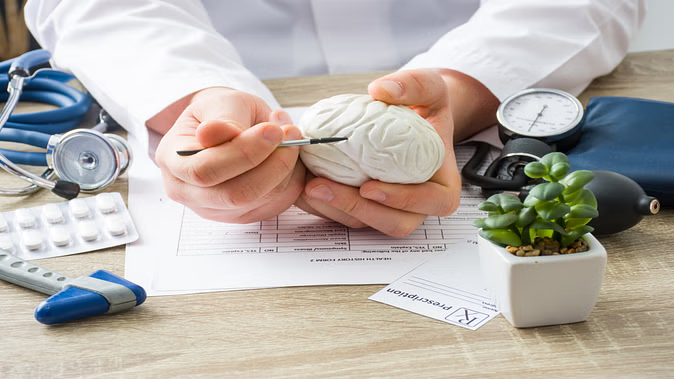Good sleep is as important for good health as nutritious food and regular exercise. To maintain both mental and physical health, health experts advise everyone to get at least 6-9 hours of good sleep every night. Good sleep is also considered a sign of better health.

But do you have problems like excessive or frequent sleepiness? Do you often feel sleepy even during the day? Do you feel like sleeping again after waking up?
There can be many reasons for excessive sleep. Shift work (night shift), studying at night or doing any strenuous work can sometimes cause you such problems. But such a problem that persists often can be considered a matter of concern.
The problem of excessive sleepiness
Excessive sleepiness is known as hypersomnia. Apart from environmental and daily factors, depression, sleep disorders, side effects of medications, thyroid disorders, and some serious underlying health problems can also cause excessive sleepiness.
Usually, sleeping for more hours than usual and falling asleep during the day is considered a problem of hypersomnia. In this, you may feel tired, or it may seem as if your eyes are tired and need to close them repeatedly.
Although excessive sleepiness is not considered very serious, it is important to pay attention to some reasons which can be the cause of it.
Is it a side effect of medicines?
The problem of excessive sleepiness can be due to the side effects of some types of medicines. This problem has been seen more in people undergoing treatment for mental health problems. Medical reports show that people undergoing treatment for blood pressure, depression, nasal congestion (antihistamines), epilepsy etc. may continue to have problems of excessive sleep due to medicines.

If you feel that you are feeling more sleepy due to prescription medicines, then definitely consult a doctor.
This problem can also be caused by neurological problems
People suffering from some types of neurological disorders such as narcolepsy may also have problems of falling asleep often or too much. The condition of narcolepsy affects the ability of the brain that control the sleep-wake cycle. Such patients often have trouble waking up at night (similar to insomnia). At the same time, there is a risk of excessive sleepiness during work during the day.
People suffering from narcolepsy can fall asleep in the middle of a conversation or even while eating.
Mental health disorders
Whether it is stress-anxiety or a mental health problem like depression, its victims may also often have trouble falling asleep. Conditions like depression reduce the body's energy, which often leads to lethargy and you may keep falling asleep. Depression patients often cannot sleep properly at night, so they feel excessively sleepy during the day. People being treated for mental health disorders may also experience excessive sleepiness due to medications.
(PC: ISTOCK)










